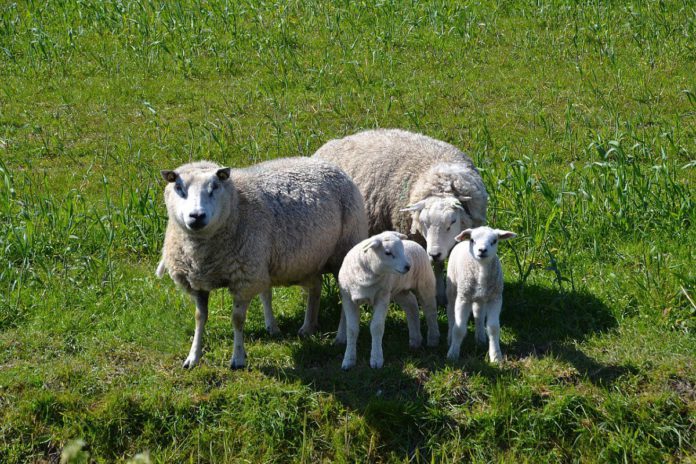Hogget prices have reached €7.00/kg, with higher deals available for larger lots and groups, according to IFA national sheep chairman, Sean Dennehy.
He highlighted that prices are driven by very strong demand and tight supplies of finished hoggets.
Dennehy said orderly marketing of hoggets is important to maximise returns. He advised farmers to “sell hard” while moving hoggets as they become fit.
“Factory agents are very active in marts and competing strongly with wholesalers for the limited supplies that are available, providing a real alternative outlet for farmers,” he said.
He noted that the cull ewe trade has also improved with prices ranging from €2.90 to €3.20/kg.
Supermarket trade
The IFA sheep chairman said the increased sales of lamb in supermarkets are helping to offset the reduced food service sector demand and underpin the trade.
Dennehy noted that hogget prices in the NI, the UK and the EU are following a similar price trend.
Beef prices
Meanwhile, on the beef front, prices are remaining steady with reports of €3.75/kg for steers and €3.80/kg for heifers.
Brendan Golden, IFA national livestock chairman, reported that higher deals are being sealed for larger lots with increased breed bonuses available.
“Factory agents are very active in marts for forward store and finished cattle, highlighting the demand that exists for beef.”
Cows are starting at €3.00/kg for P grades and moving to €3.50/kg for better quality R and U grading culls. Meanwhile, young bulls are ranging from €3.60 to €3.85/kg.
Golden said market conditions are strong in Ireland key export markets. Furthemore, supplies of finished cattle are “extremely tight”, a trend that is expected to continue.
He said demand is expected to increase as lockdown restrictions ease with the rollout of the vaccination programmes and the foodservice sector starts to return to normal.
In the intervening period, he added, with Easter just a month away, demand will increase for beef in supermarkets. With supplies remaining tight, this creates “favourable” market conditions, according to Golden.





